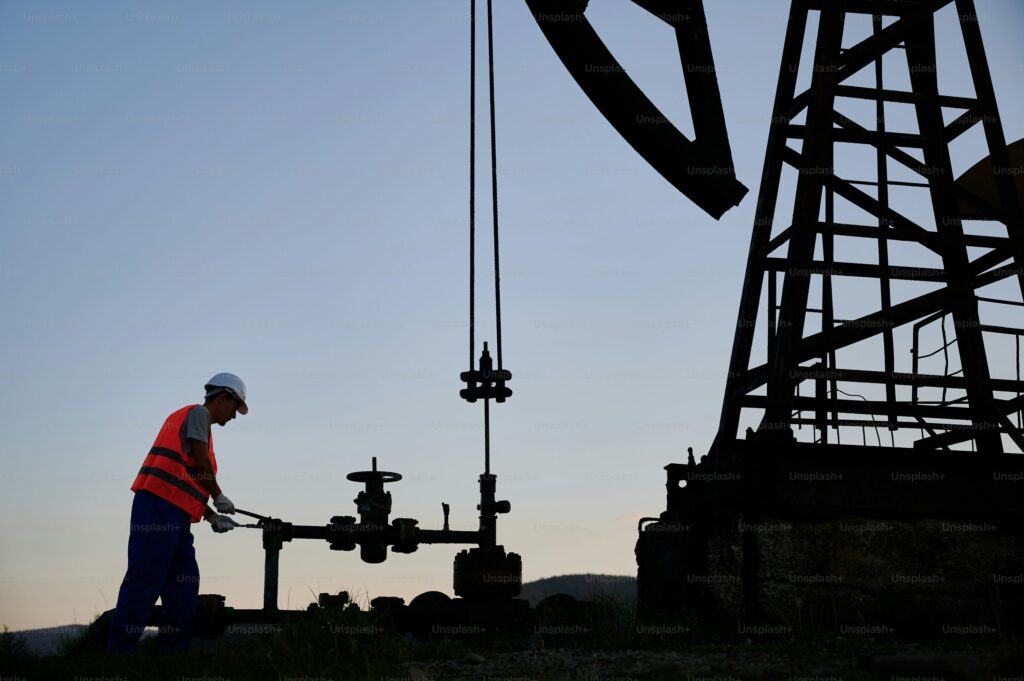Paul Driessen and David Wojick warn that Africa’s poverty is being perpetuated by “carbon colonialist” banks. The African Development Bank had launched an ambitious goal of 100% access to electricity in urban and 95% in rural areas in 2017 and a “Light Up and Power Africa” initiative in 2018. And it was funding the construction of generating stations in a continent whose per capita energy use is less than a tenth the European rate (and a 20th the American) at just 613 kilowatt-hours per person per year. The AfDB was even willing to fund plants in Kenya that the pious IMF, World Bank and other western institutions had rejected. Then BAM! They announced no more coal and cancelled a bunch of plants because, said AfDB president Akinwumi Adesina, “We’re getting out of coal. Coal is the past and renewable energy is the future.” Yes, renewables are the energy of the future, and always will be.
Sometimes reducing reality to a number conceals far more than it reveals. To say 613 kW/h is to utter a string of symbols meaningless to many people. What it means is African girls missing school to trudge to a well and pumping it by hand because there’s no power for the local water tower or service reservoir… which indeed does not exist because there wasn’t enough power to build it. It’s a hut filled with dirty smoke ruining lungs and eyes because there’s no natural gas or electricity for cooking or light. It is these heart-rending conditions that the carbon colonialists are perpetuating.
Driessen and Wojick also repeat something that cannot be repeated often enough: “there is nothing ‘green,’ ‘clean’ or ‘renewable’ about wind and solar energy. The vast amounts of land and raw materials, mines and factories required to build wind turbines, solar panels, batteries and transmission lines – to harness widely dispersed, insufficient, intermittent, weather-dependent wind and solar energy to benefit Sub-Saharan Africans – are anything but clean, green, renewable or sustainable. In fact, trying to meet those needs would require millions of turbines and billions of solar panels.” Which nobody could build and, if they did, would cause environmental devastation where the raw materials are produced, as well as posing very difficult disposal issues and in the case of turbines also devastating local birds and bats.
It used to be said that western financial institutions were imposing sacrifices on poor non-white people that they would never even dare mention to rich white ones. But it’s no longer entirely true; as Driessen and Wojick also say, Germans have lately been doing it to themselves, destroying industrial jobs, cutting off unaffordable electricity to a third of a million homes etc. while in Britain the steel industry is in ruins and families dread a winter without power. But at least in those countries citizens have the political and economic resources to change direction. Far too many Africans do not.
Driessen and Wojick also argue that “there is no evidence to support claims that temperatures, droughts and weather anywhere in Africa are unprecedented or due to carbon dioxide from fossil fuels” and even if there were, condemning millions of Africans to misery and death won’t help because less developed economies are building coal plants by the dozen from China to India to Indonesia so emissions will continue to soar regardless of the sacrifices of others that sanctimonious rich westerners find themselves willing to make.
As for renewable’s being “the future”, here’s some more economic reality. If they were, they would be flourishing without financially muscular social engineering. In the Financial Post Peter Foster took square aim at sustainable finance under the heading “Mark Carney and Michael Bloomberg's ‘sustainable’ scheme to dismantle Canada's economy” in which, Foster said, “the inconvenient truth for the shock troops of climate finance is that if climate risks were quantifiable, and likely to have a material impact any time in the foreseeable future, they would already be incorporated into financial reporting. Also, if there were profits to be made in renewable energy and climate resilient infrastructure, investors would not need to be ‘crowded in’ by scare tactics.”
Some people are fond of linking climate change to past forms of intellectual, cultural and political radicalism. And while it has certain unique characteristics, it unquestionably shares the tired radical inability to grasp a central truth of economics: In economies with reasonably free price formation, the actual market price of everything from things to companies reflects the aggregate judgement of a vast number of individuals with skin in the game about what’s really happening and what’s really going to.
Consider yet another at-last-they-notice piece in Climate Home News “The world’s elite is waking up to the impacts the climate crisis will have on the global economy if the growth of greenhouse gas emissions continues unabated.” The statement is such nonsense it’s hard to keep reading; the “world’s elite”, if by that term you mean politicians and celebrities, have been yapping on about “the impact the climate crisis will have on the global economy if the growth of greenhouse gas emissions continues unabated” at least since Rio in 1992. But let us tiptoe past that fatuity and focus on CHN’s claim that “Business leaders, investors and policy-makers have ranked climate and environmental risks the top five most likely long-term threats to the global economy.”
In a sense it’s true; it’s the cool thing to say and they say it including, CHN notes, “Microsoft has promised to be “carbon negative” by 2030 and hopes to remove enough carbon to account for all the direct emissions the company has ever made by 2050.” But remember the old maxim about mouths and money.
There’s a real world out there of financial markets with interest rates and share prices and futures contracts in which people actually depend for their livelihood on making reasonably accurate estimates of what’s going to happen. So to the extent that these people really believe climate change is going to turn everything brown and sickly and wet and dry and on fire and under water and so forth, these disasters are already incorporated into the value of firms, real estate and so on.
If Manhattan were genuinely believed to be facing inundation, or Amsterdam, property rates would be falling there. Recall Livy’s famous story of the Roman who paid a high price for a piece of land currently occupied by Hannibal’s own regiment during the Carthaginian siege, showing enormous and justified confidence in the outcome of the Punic War. And now contemplate all those celebrities eagerly paying top dollar for waterfront properties they claim to think will soon be sea bottom.
The simple truth is that things that work make money and things that don’t die without subsidies. And when rich arrogant people bend their ingenuity and financial muscle to obstructing that truth, people in other countries die.



I don't comment often, but I have to say, when I read your column I feel relieved to know that there are others out there who are willing to vocalize some fundamental truths about reality, economics and group manipulation for political ends. As you point out so well, others are doing their best to manipulate truth for their own selfish reasons. Not everyone has the ability to see through their haze, and clear the smoke so that others can see real truths. (Truth should be absolute, but, politics)
So, well said all around! Keep up the good work please, the world needs more of this sort of Truth...
In a column like this, something needs to be said about externalities. The other side claims that the reason we have too much CO2 being pumped into the atmosphere is that it is or has been generally free to the emitter to do so, while non-consenting innocents pay the price in the consequences of inhabiting a hotter planet. Every element of this claim is dubious, but it still needs to be shown why. It is certainly possible that, when everyone acts in their own self-interest, we all suffer. Merely asserting that free markets always anticipate and "price in" negative outcomes doesn't work.
People “ acting in their own self interest” does not produce universally negative effects on others. If a farmer decides to rotation farm soybeans and corn in order to protect the productivity of his land, he is acting in his own self interest. However, the increased yield of food crops results in lower prices and food becomes more affordable to poor people. The reduced need for chemical fertilizers that is a consequence of leguminous nitrogen fixing reduces water pollution, and consumption of non-renewable resources. Not all benefits of an action accrue to the actor, but may be distributed across society. Certainly some self-interested behavior may have negative effects on others, but that is not a constant result.